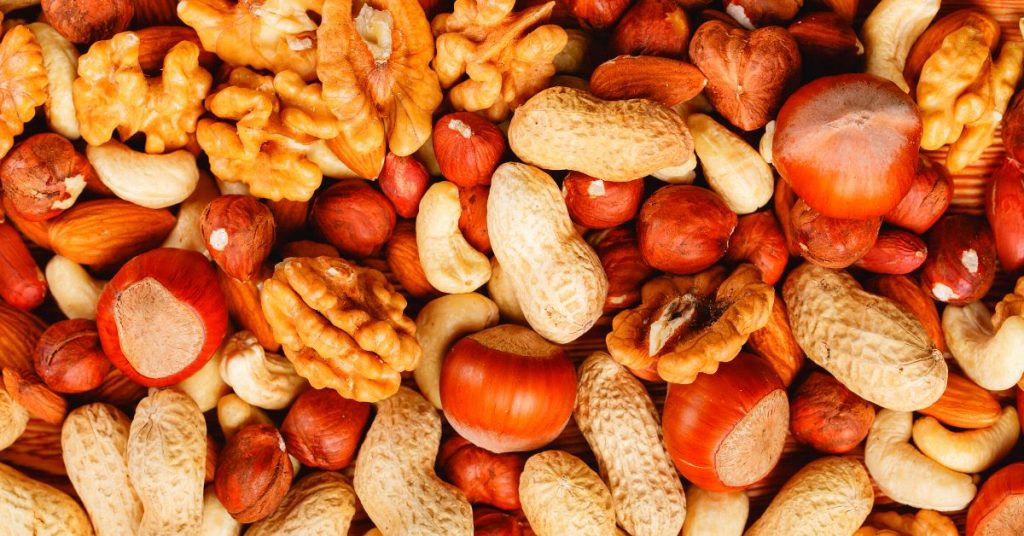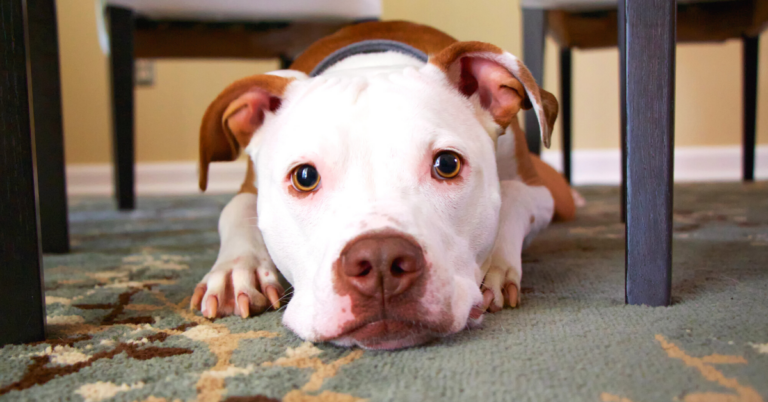Can Dogs Have Nuts? (Safety Tips)
Even though nuts are considered a healthy snack for humans, can dogs have nuts?
Are they considered safe?
There are some types of nuts that are considered toxic to dogs, such as black walnuts, cashews, and macadamia nuts. Rotten nuts are also toxic.
Read more to know which nuts are safe and which are harmful for your furry friend.
Are Nuts Safe For Dogs?
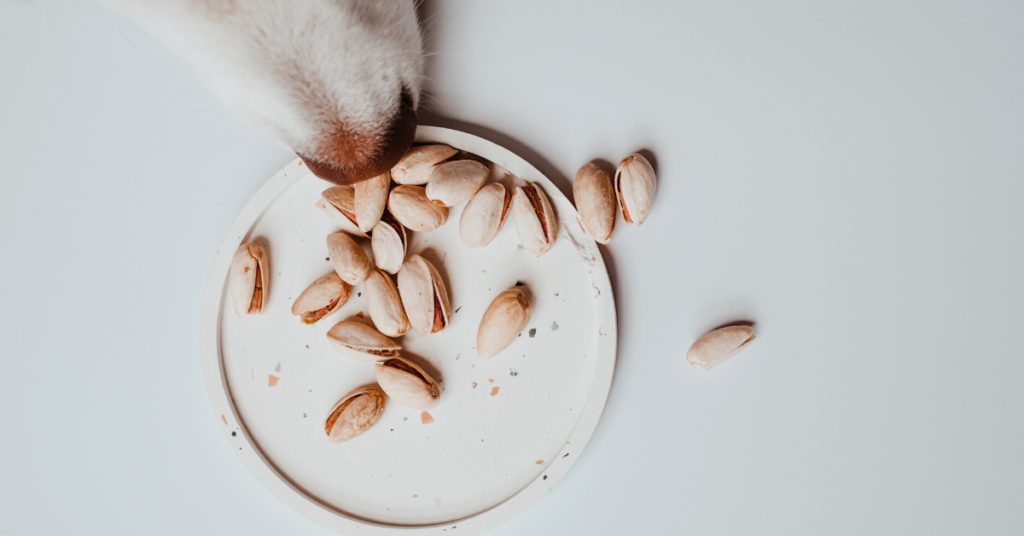
Can dogs eat nuts? Small amounts of certain types of nuts & nut butters can be safe for your dog. However, it’s important to know all risk factors and what can be toxic for the dog.
Nuts are high in fat and calories and can cause weight gain, that’s why they should be avoided specially for overweight dogs or dogs who easily gain weight.
You can feed your dog human foods that have much less calories, such as popcorn without butter or salt, or green beans.
If you help your dog to take pills by giving them small portions of peanut butter, you should not exceed 10% of their total daily calories when you give them other treats.
Nuts are not that safe because they have high fat content. This content can cause stomach upset in dogs, or develop Pancreatitis, which is a condition where the pancreas becomes inflamed.
Pancreatitis requires a visit to the vet. Breeds like Schnauzers are vulnerable to this condition, that’s why nuts should be totally avoided.
In addition, nuts that are coated with cocoa, spices like pepper are concentrated with salt and can be dangerous for dogs.
These coatings can cause stomach upset and too much salt can cause high blood pressure. High salt content can even be more dangerous for dogs who suffer from urinary stones, or with underlying heart or kidney diseases.
Which Nuts Can Dogs Eat?
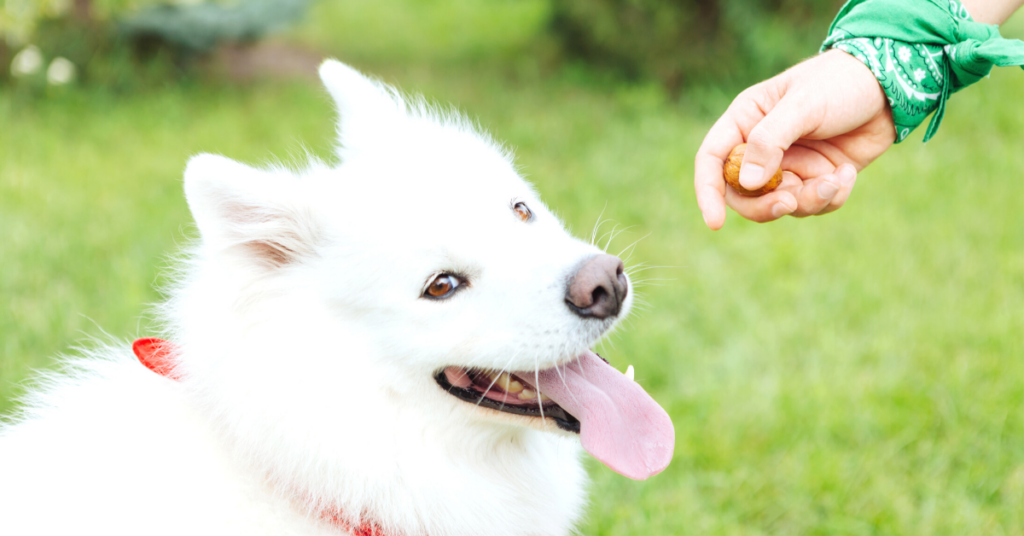
Although nuts are considered healthy for humans, the long term effect of them on dogs is still unknown. However, nuts that are high in calories or fats shouldn’t be a regular part of their diet.
However, it’s not harmful to give your dog specific nuts from time to time, these nuts include:
Raw peanuts or roasted are safe for dogs to eat. In addition, they can’t be salted or coated with cocoa or caramel or any spices.
Peanuts are rich in proteins, which is an important nutrient for dogs. They also contain an amino acid called “arginine”, which is essential to produce nitric oxide to help with blood circulation.
This helps to reduce the risk for heart disease and having high blood pressure.
Additionally, peanuts are high in fat, so it’s better to not feed your dog too much peanuts either, because they can also cause allergic reactions.
What about peanut butter? Well it’s considered safe for dogs, only if it’s not filled with sugar or xylitol, sodium, or artificial preservatives.
Always check the label for ingredients, and pay attention for xylitol the sugar substitute, which is extremely toxic to dogs.
Roasted chestnuts are also safe for dogs. They are rich in fiber, vitamin C, B1 and B2, iron, copper, and potassium.
Like all other nuts, they are full of fat and carbs, so it’s better to feed your dog small amounts. When you buy them, also make sure they are plain, not salted or coated.
Which Nuts Are Toxic For Dogs?
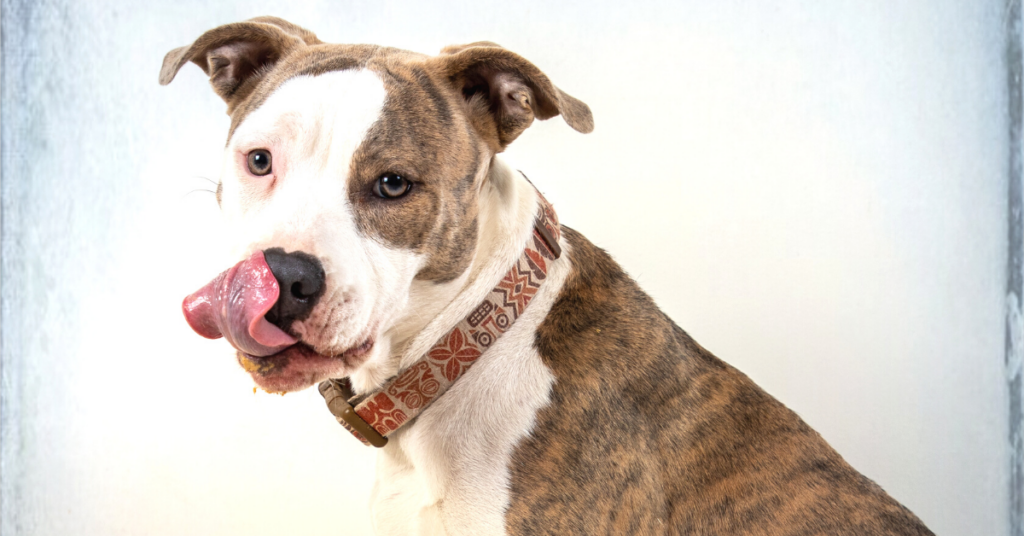
While there are nuts that are safe for dogs to eat, there are nuts that are toxic. These nuts include walnuts, pistachios, cashews, and macadamia nuts.
Black walnuts are toxic to dogs. They can cause vomiting, muscle weakness, tremors, and seizures. You should never feed them to your dog.
Pistachios can be toxic, as they carry Aspergillus mold which produces aflatoxin, which can harm your dog’s liver greatly. They are also a choking hazard.
In addition, roasted or baked unsalted cashews can be safe. However, raw cashews can be toxic, as they contain a toxin similar to the one found in poison ivy.
Macadamia nuts are also toxic and can cause the same symptoms as black walnuts.
Dogs can eat almonds & brazil nuts, as they are not toxic. However, they can upset the dog’s stomach and can cause gastric intestinal distress.
Almonds can also be a choking hazard. Their hard shell is hard for dogs to chew, and it can get stuck and cause an obstruction, which can be fatal if not treated as soon as possible.
Finally, even though not all nuts are dangerous for dogs, consumption of nuts over long periods of time can cause obesity, and serious diseases such as pancreatitis.
They are also high in fat, and there is always a high risk of fungal contamination. That’s why they should not be a regular part of the dog’s diet.
When to See a Veterinarian
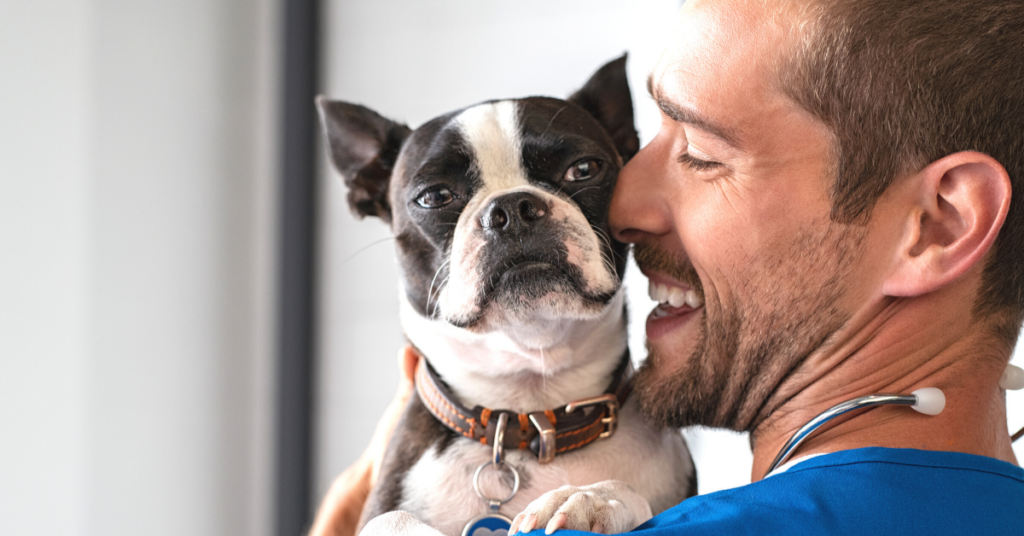
If your dog ingested any of the toxic nuts such as walnuts, pistachios, cashews, or macadamia nuts.
Monitor your dog to see if he shows signs like vomiting, muscle weakness, tremors, high temperatures, or in severe cases seizures.
If these signs show, call your vet immediately to help get the toxins out of their body. In addition, if the dog ingested other nuts that are considered choking hazards, like almonds, or pistachios, and got stuck in the dog’s throat.
Call your nearest emergency clinic, and try to look in the dog’s mouth, if you can see the obstruction, try to pull it out using a tweezer, but don’t push it with your fingers if it’s at the back of the throat.
If nothing can be seen, you can perform the Heimlich maneuver.

